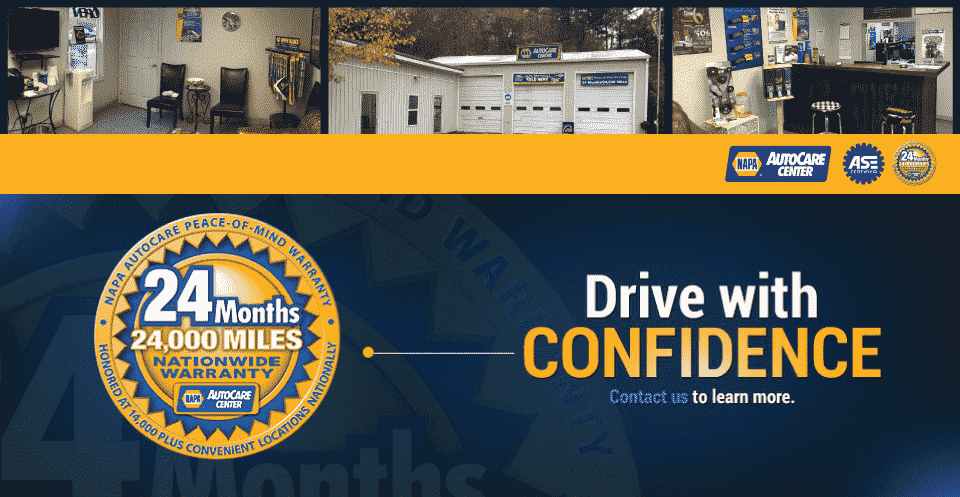FREQUENTLY ASKED QUESTIONS
If you hear squeaks, squeals, grinding or other noises, there could be a problem. The exception to this rule is if your car has been exposed to moisture recently. Moisture can cause a thin layer of rust to develop, and slight squeaking immediately after rain is not unusual. If the squeaking continues, have your brakes inspected. Periodically check wear on your brake pads through the spaces between your wheels' spokes. The outside pad will be pressed against a metal rotor, and there should be at least ¼ inch of pad. Any less, and you'll want to have the pads inspected or replaced.
To help ensure dependable, trouble-free performance, replace your car's fuel filter approximately every 30,000 miles or as recommended in your vehicle's owner's manual.
You should get your oil changed every 3,000 miles or as recommended in your vehicle's owner's manual. If intervals are extended, ensure you use oil that is capable of extended mileage changes.
There are many sensors and computerized components that manage your vehicle’s engine performance and emissions. When one of these fails, the check engine light is illuminated. Although your car may seem to run fine, it is important to have the issue addressed to prevent long-term problems or failure of emission tests.
YES. The failure of a timing belt in many cars can result in major engine damage. The cost of repairing an engine with a broken timing belt is much greater than the cost of a timing belt replacement.
Your tires should be rotated every other oil change or every 6,000 miles. Neglecting to rotate tires is a major cause of premature tire wear.


